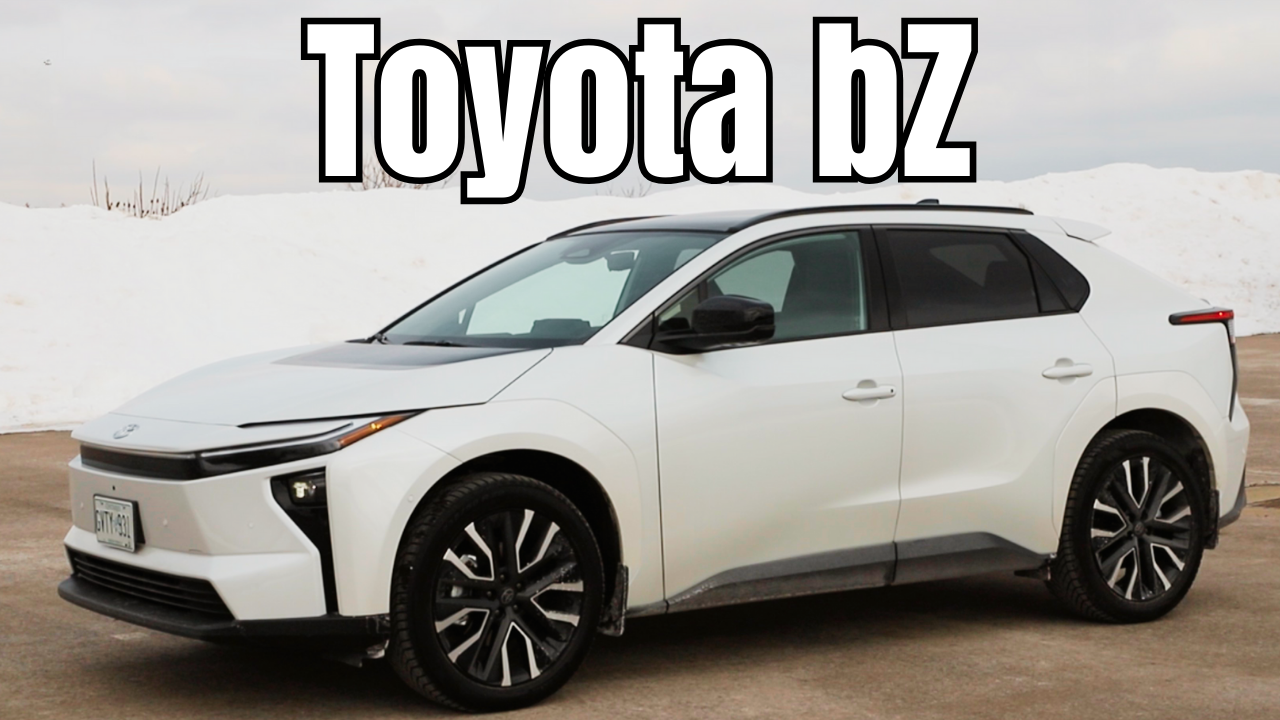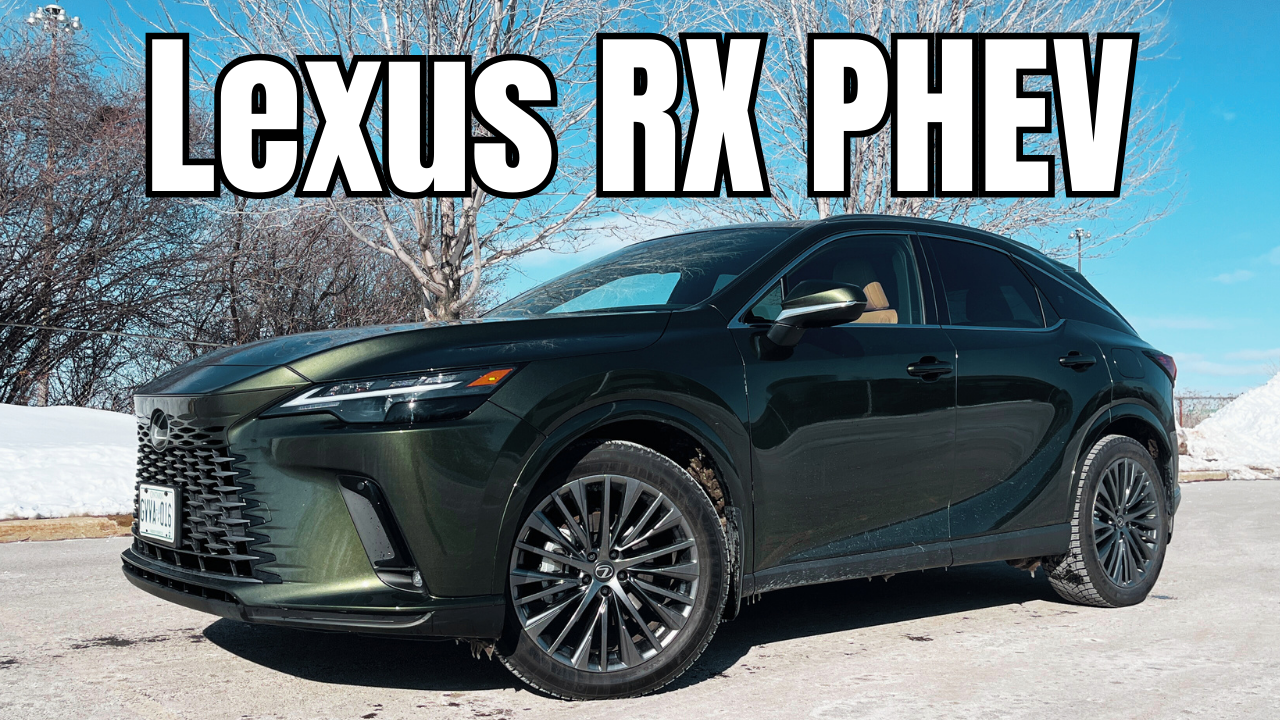How Much Faster is 5G Than 4G in the US?
/Here is a closer look at how much faster the new 5G wireless network is compared to 4G in the United States.
The fifth-generation wireless network, more commonly referred to as 5G, is capable of bringing speeds up to 100 times faster than the 4G network it is slowly replacing.
Speeds can potentially reach up to 10 Gigabits per second (Gbps) peak data rates and up to 100+ Megabits-per-second (Mbps), but the exact speeds people can get depends on certain conditions, such as which service provider they are with and where they are based.
In most US states where 5G has already been successfully rolled out, 5G is already said to be around ten times faster than 4G, which has exceeded some expectations. As the 5G networks mature, we will continue to see even faster speeds in the US and across the globe.
What are the benefits of 5G?
The main benefit is faster speeds across a more efficient network. It promises more bandwidth and almost zero latency. 5G-enabled devices connected to the 5G network have many other benefits, including quicker website response times, higher capacity, more data, and the ability to connect more devices.
5G also has many other benefits for mobile users and one such area people will notice the most benefits is through entertainment.
For example, thanks to 5G, people can now enjoy playing uninterrupted live dealer online casino games at licensed and regulated iGaming sites, play graphically demanding triple-A video games, and watch 4K Ultra HD TV shows and movies without reporting annoying lagging or buffering issues.
In other words, people who are connected to the 5G network won’t have to worry about getting disconnected halfway through playing their favourite games or watching their favourite movies and shows.
Which US carrier provides the fastest 5G experience?
According to statistics, the US carrier that provides the fastest 4G experience is T-Mobile, concerning 5G download speeds and 5G upload speeds. Many T-Mobile users are said to receive average speeds of 186.3 Mbps, which is over 100 Mbps faster than rival Verizon’s customers.
Let’s take a quick look at the average 5G speeds for the three best service providers in the US and compare them with 4G speeds:
Provider: T-Mobile. Average 4G speeds: 97.10 Mbps. Average 5G speeds: 195.50 Mbps
Provider: Verizon. Average 4G speeds: 34.30 Mbps. Average 5G speeds: 96.30 Mbps
Provider: AT&T. Average 4G speeds: 40.10 Mbps. Average 5G speeds: 80.00 Mbps
On average, 5G speeds in the US are around twice as fast as 4G speeds, and this number continues to climb each year. 4G is still the dominant network in rural areas and smaller towers where 5G has yet to be rolled out.
5G is capable of delivering faster speeds because the network delivers signals using higher-frequency radio bands. Some of the best speeds have been recorded in New Jersey, New York, Illinois, Maryland, and Minnesota.
What are the best 5G smartphones in 2023?
If you’re looking to invest in a 5G-ready smartphone, some of the most popular handheld devices on the market today are the following trusted models:
Apple iPhone 15
Apple iPhone 15 Pro Max
Samsung Galaxy S23 Ultra
Samsung Galaxy Z Fold 5
Google Pixel 8
Samsung Galaxy A14 5G
Google Pixel 8 Pro
Others include the OnePlus 11, the Xiaomi Black Shark Pro, the Samsung Galaxy A54, and the Asus Zenfone 10, to name just a few.
Final thoughts
We are still in a transitional period, and it could take many more years to fully realise the benefits of 5G. Over the coming years, we can expect faster speeds, more secure data transfers, and a more efficient 5G wireless network that continues to be rolled out in even the hardest-to-reach regions.
As 5G becomes more mainstream, more 5G-ready smartphones and tablets and network carrier subscriptions will become available, and the network will eventually replace the existing 3G and 4G networks that are still in use today. The global 5G market is expected to climb to around 20% CAGR (compound annual growth rate) by the year 2028.














